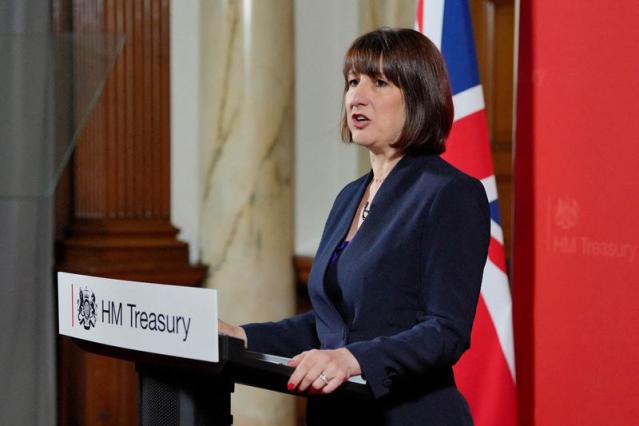Warnings of a “painful” Budget often signal the likelihood of significant tax increases. Chancellor Rachel Reeves has stated she needs to find £22 billion to address a “black hole” in the public finances, while simultaneously promising to end austerity and invest in critical areas like hospitals and infrastructure to stimulate growth.
The challenge is how to achieve both objectives without imposing large tax hikes. Reeves is expected to have a strategy up her sleeve, focused on the government’s self-imposed borrowing limits. This approach won’t completely eliminate the need for tax rises but could reduce their severity.
Why do borrowing rules matter?
The UK adheres to a fiscal rule that requires the national debt—the total amount the government owes—to start falling within five years. Nearly all wealthy nations have similar rules to maintain credibility with financial markets and taxpayers. This is important because the UK has run a budget deficit—where spending exceeds income—in nine out of the last 10 years, relying on borrowing to cover the gap. If the government’s financial plans are seen as untrustworthy, borrowing costs rise.
The 2022 mini-Budget under Liz Truss offers a stark example of the consequences of lost credibility. When Truss’s government announced the largest tax cuts in 50 years without a clear plan for funding them or independent scrutiny, borrowing costs surged, and fixed-rate mortgage deals, which are influenced by market conditions, became more expensive.



























